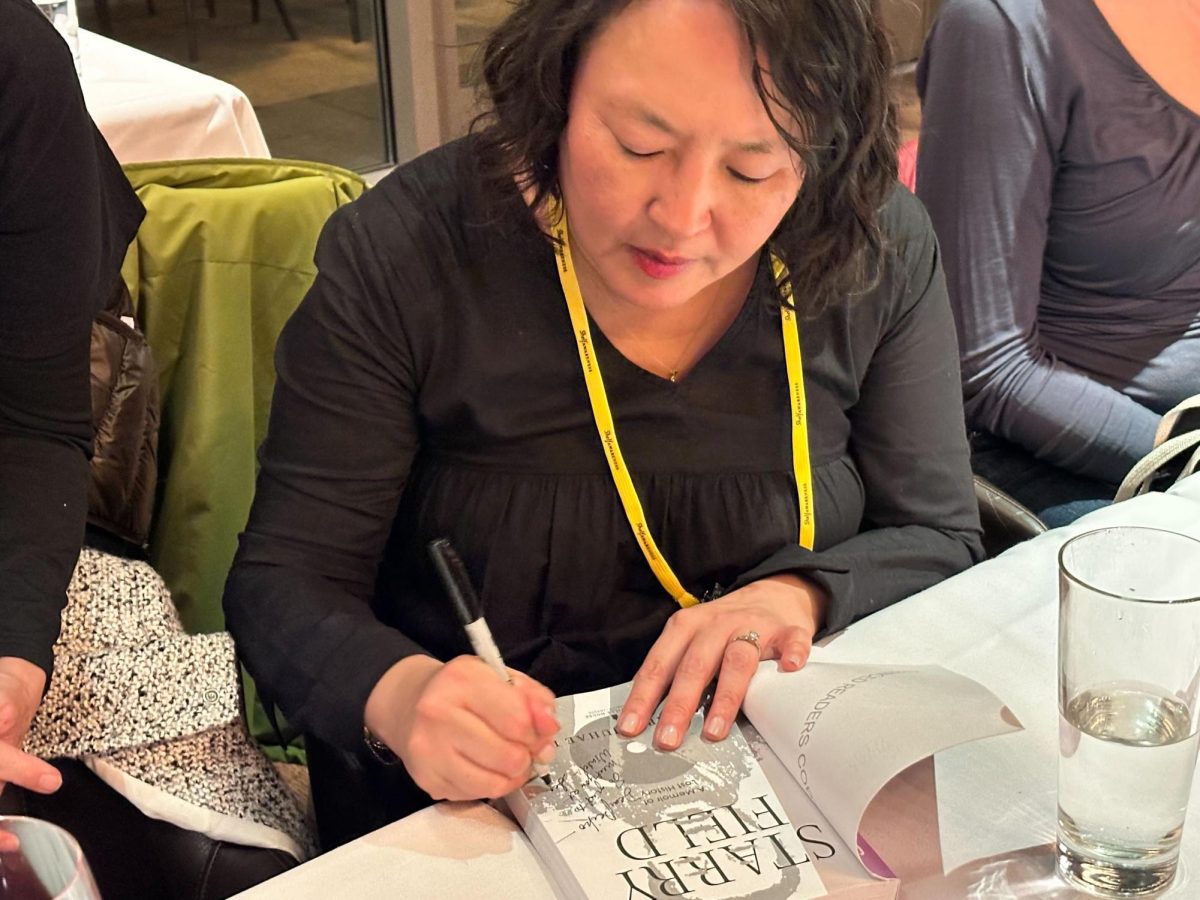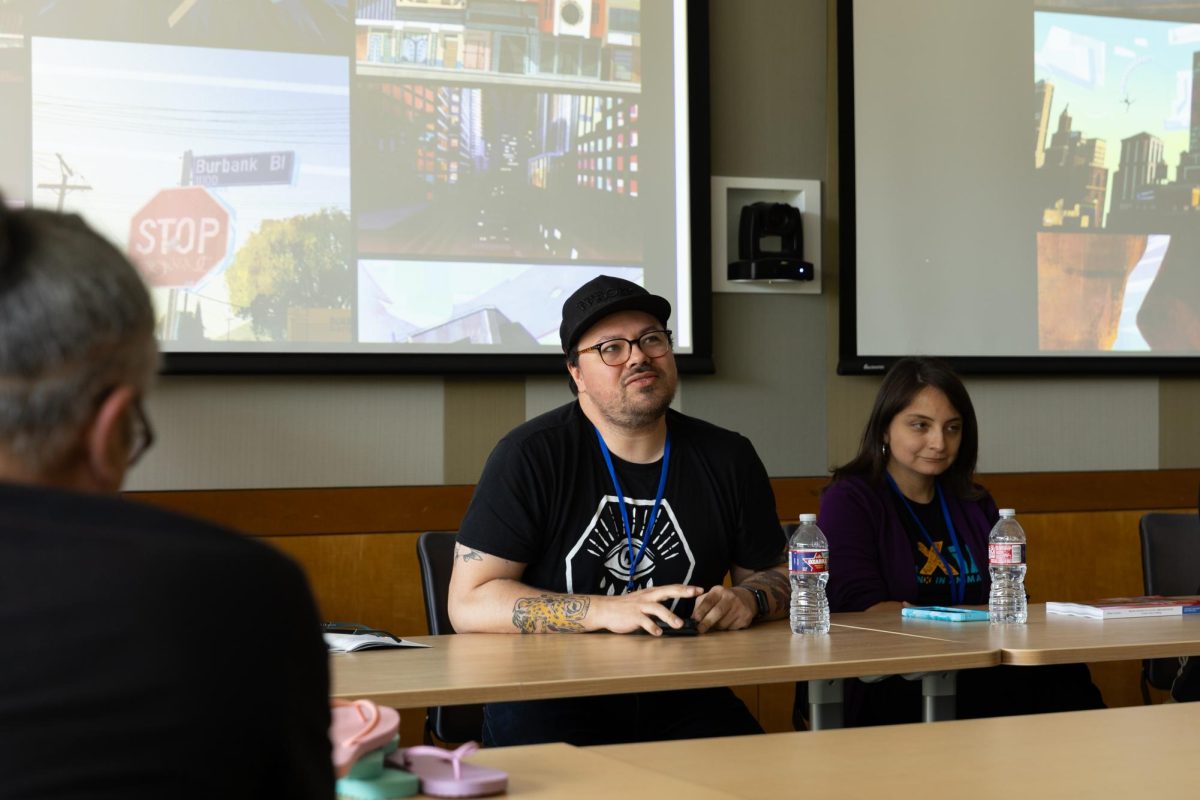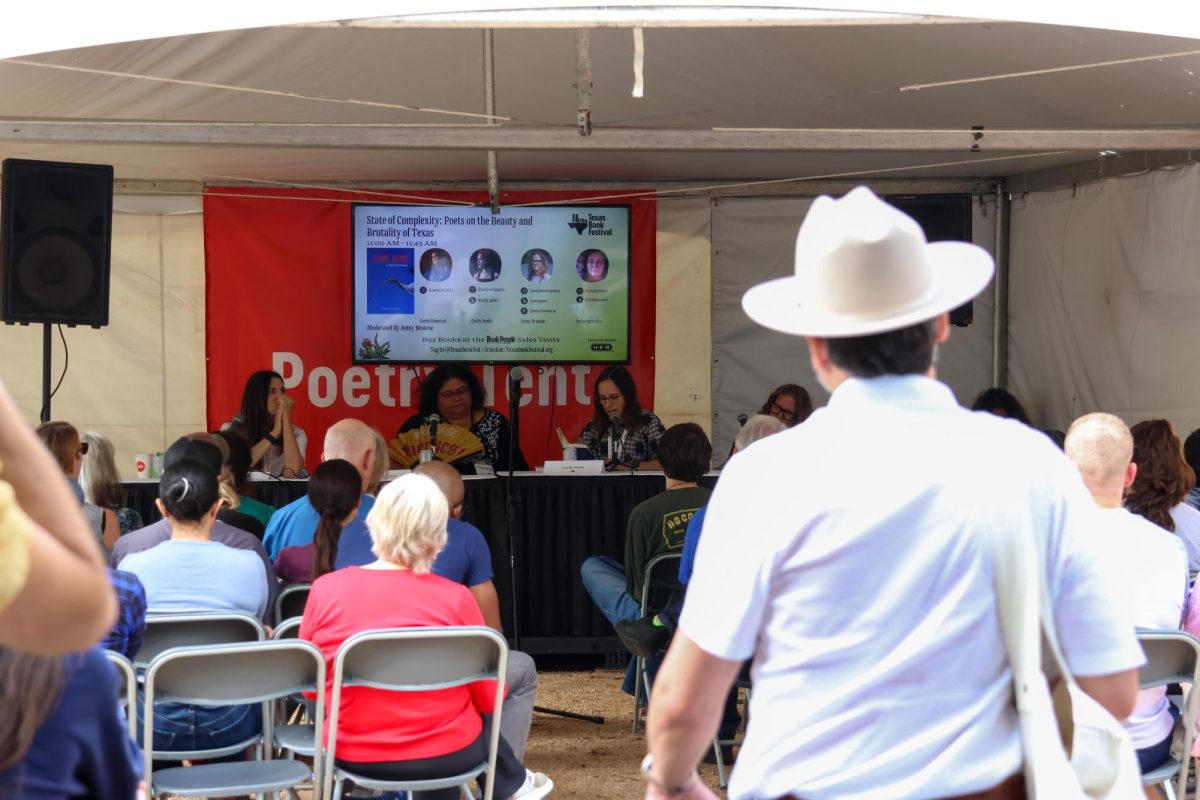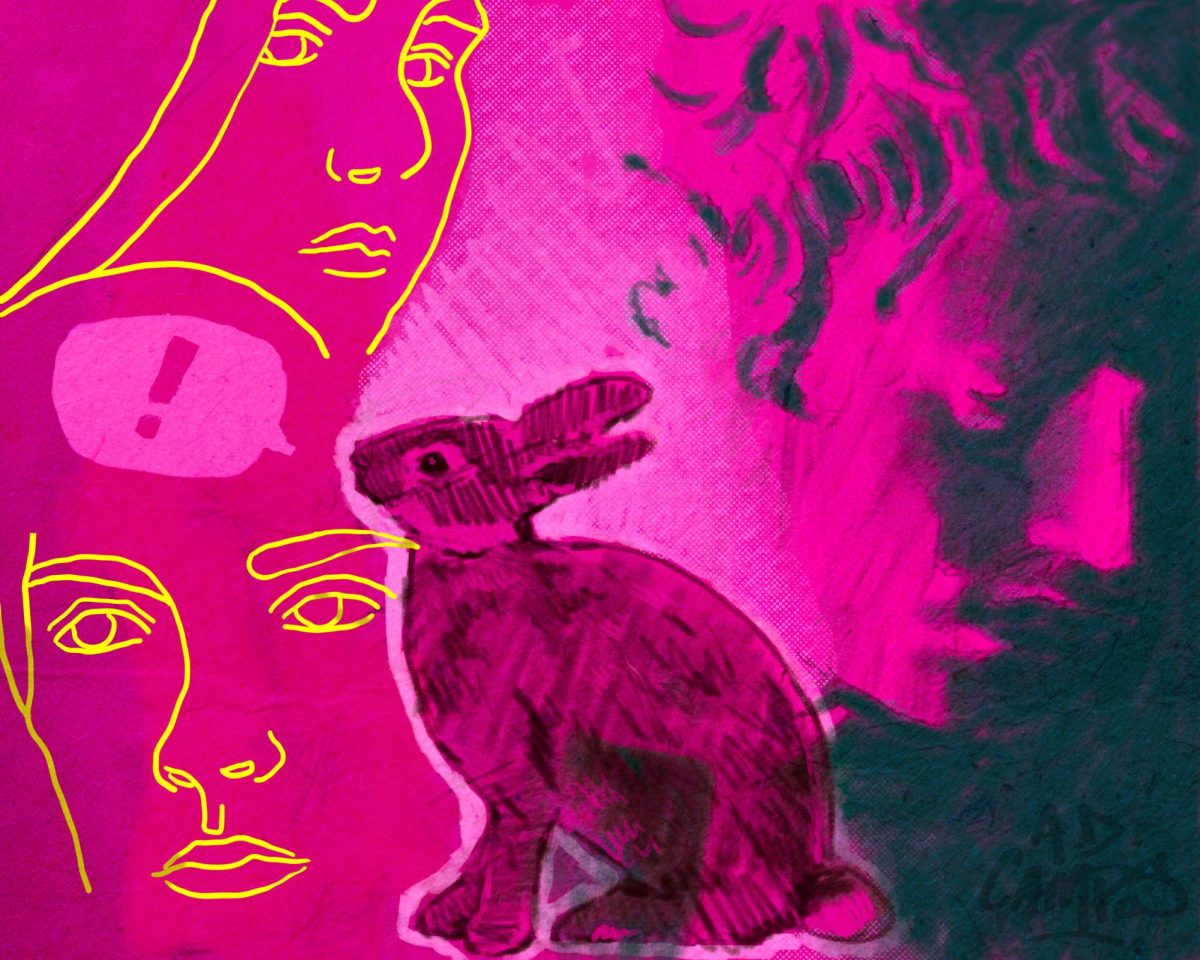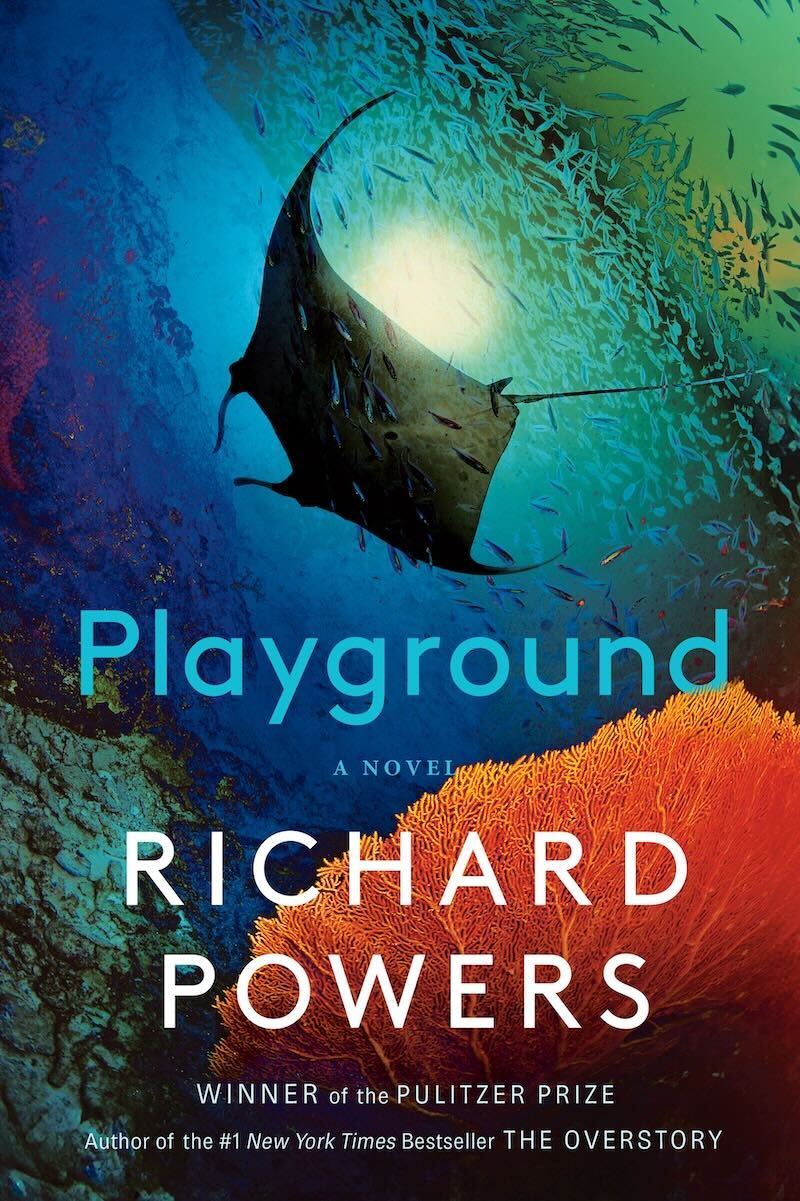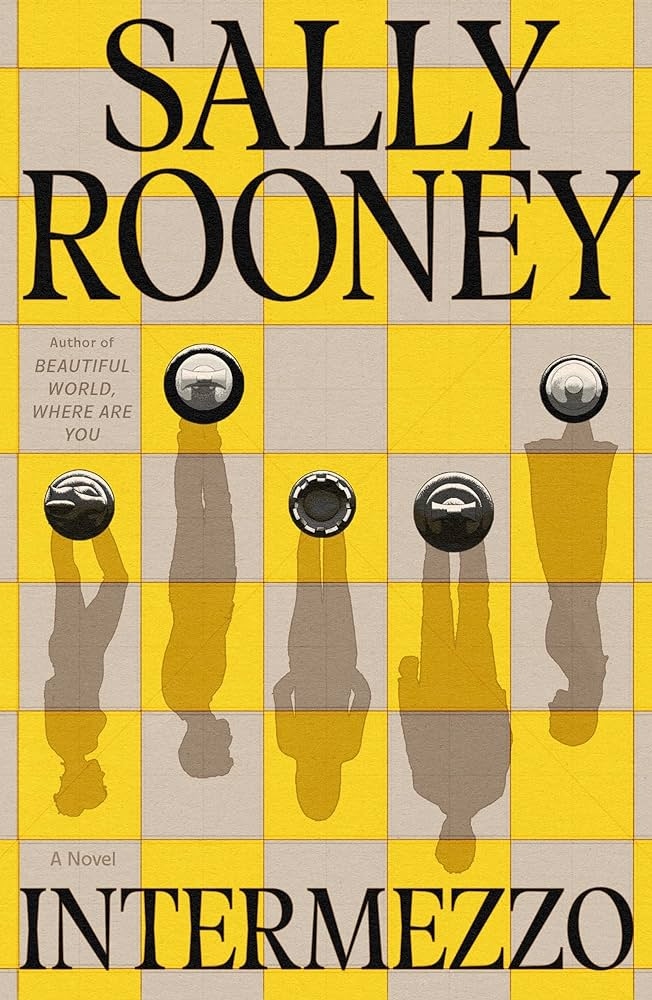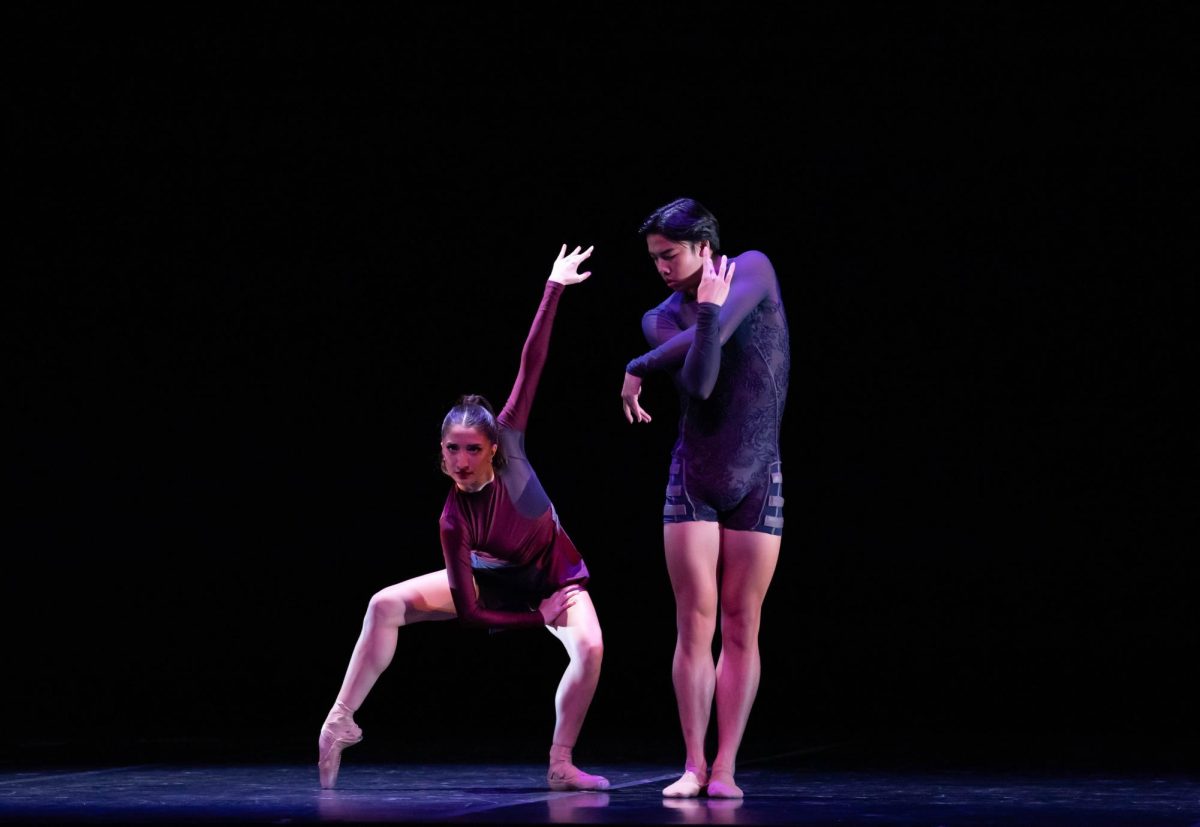UT alumna Margaret Juhae Lee’s new memoir, “Starry Field: A Memoir of Lost History,” tells a unique story of searching for oneself and healing intergenerational trauma. Published on March 5, Lee beautifully dedicated the 288-page memoir to her family, and specially to her children.
Because Lee’s parents immigrated from Korea, Lee struggled to feel at home in either the U.S. or during her visits to Korea from a young age. Lee felt she couldn’t perfectly fit in either place, which troubled her. Similarly, Lee’s father struggled to find contentment because he never knew his own father who had died when he was young. In his life, Lee’s grandfather was a criminal in Korea for reasons Lee’s father didn’t know.
“Starry Field” details how Lee became involved in helping her father uncover their family history. Additionally, Lee’s insight throughout the piece explains how in doing so, Lee began to heal her own struggles and bring honor to her family in Korea. Lee recounts the difficulties that came along with her “quest,” such as struggling to persuade her grandmother to open up about Lee’s grandfather and hiring a Korean translator to be taken seriously by the people who had access to her grandfather’s prison records.
The most beautiful part of the book comes from the way Lee addresses her children Kiki and Owen, dedicating her storytelling to them along with the rest of their family. In the moving epilogue, Lee explains to her children that she always felt like something was lost before she knew about her family’s history and fully understood it. She explains that she always wanted to be a mother like her grandmother was to so many, but Lee couldn’t start her own family until her history had been discovered. In writing this memoir, Lee gives her children the gift of never having their history lost. They can always turn to her book to understand where and who they’ve come from.
Because of Lee’s background in journalism and history studies, the story and her investigation to unravel her grandfather’s past are impressively written. With that said, her decision to write “Starry Field” as a memoir rather than a traditional journalism piece made for the perfect stylistic choice. Having the story told through the perspective of Lee’s challenging search for her family history makes it even more interesting than a simple recount of her grandfather protesting imperialism in Korea and her grandmother’s strength in raising her children after her husband’s arrest and death. With most people being satisfied by an Ancestory.com search of their family history, Lee’s memoir stands uniquely as an inspiring dedicated journey worth reading.
4 ½ family portraits out of 5

